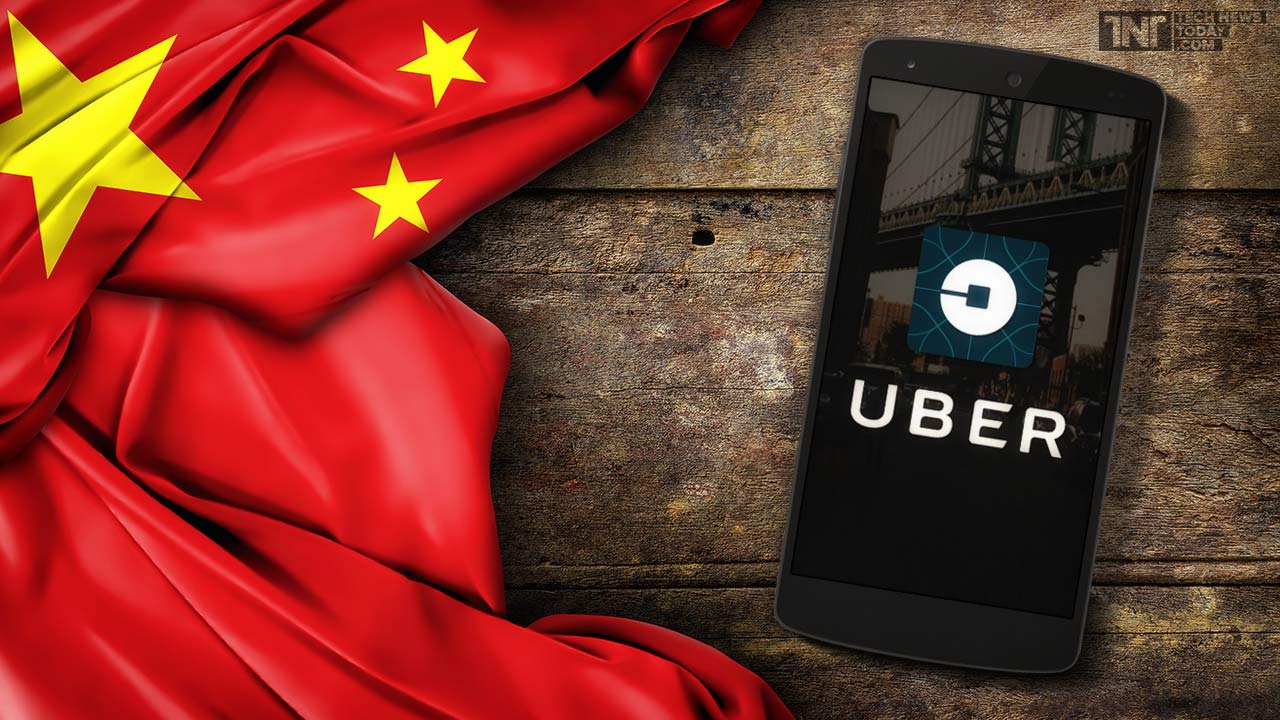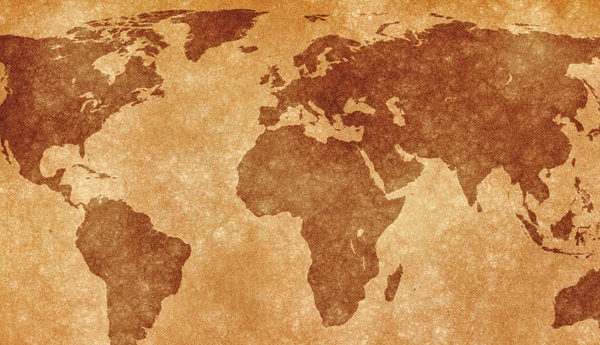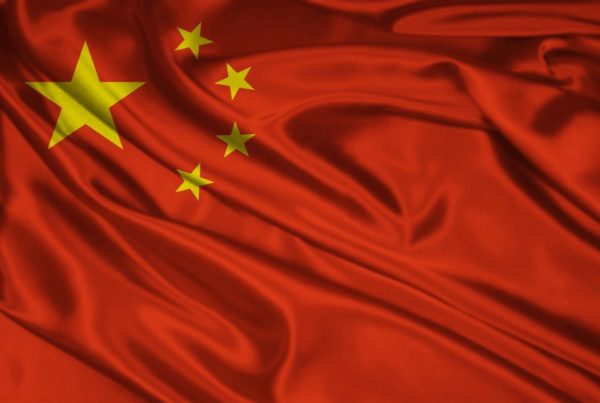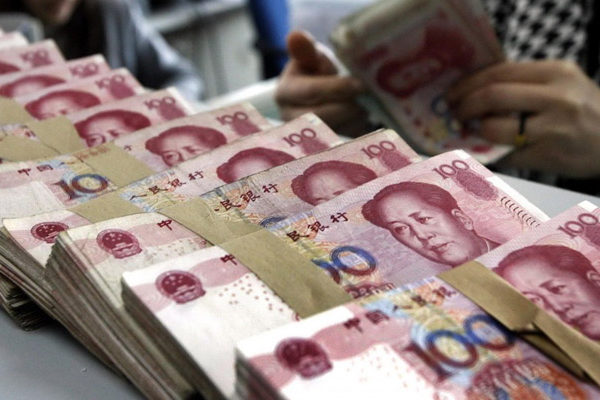Earlier this week, two online cab aggregator giants—US-based Uber’s China arm and Chinese market leader Didi Chuxing—announced their merger, at a valuation of $35 billion.
Uber Technologies Inc. is selling its China operations to fierce rival Didi Chuxing, ending an expensive price war and freeing it up to focus on other markets and possibly an initial public offering.
However, it’s already clear that Uber is not taking over the world. It faces similarly tough competition in other big Asian markets, such as India and Indonesia, as well as throughout Europe. The problems Uber faces are different in every country, and so is the competition. But the American company’s methods are the same everywhere: Arrive with a bang, start a price war (and usually a legal war with regulators), and burn money until competitors retreat.
This creates ridiculous situations like the one in India, where Uber claims to have 50 percent of the ride-hailing market and its main rival, Ola, claims 75 percent — and both companies are subsidizing both drivers and passengers.
Over the past several years Uber has lost 2 billion US dollars competing in China with Didi Chuxing. Didi is believed to have lost far more. An investor close to both companies claims that Uber China lost $250m just in the past month, which he believes gave it no choice but to succumb.
Here is the low-down on the proposed Didi-Uber deal:
How will the revenue and voting rights be split in the combined Didi-Uber entity?
Uber Global will receive a 5.89 percent stake in the combined company along with “preferred equity interest”, which is equal to a 17.7 percent stake. Uber China’s investors, including Baidu Inc, will receive a 2.3 percent stake in the merged entity. Didi founder
Cheng Wei and Uber Chief Executive Officer Travis Kalanick will join each other’s boards.
What will happen to the Uber China app?
Didi will take control of Uber China’s brand, businesses, data and other assets in the country after the proposed merger. But Didi and Uber will remain two separate brands. In other words, the two apps will continue to run independently in China.
What will happen to Uber China employees?
Didi said in a previous interview that it would welcome Uber China employees to join its team. Uber was said to have offered a Close Bonus in cash to its China team. The bonus will be valued at six months’ base salary and six months’ equity vesting that includes new hire grants, performance bonus and referral bonus, according to the released details of a recent internal meeting at Uber China. The company said half of the bonus will be paid in cash within one week after the merger is completed. The remaining half will be paid to employees one month after the merger. Only employees who have worked with Didi or Uber for at least 30 days after the signing of the deal are qualified to receive the second half of the bonus.
Will the post-merger trip fares rise?
Didi said in a statement that it will continue to offer incentives to passengers and drivers for a significantly long period. It will make “improving users’ experience” one of its top priorities in future. However, many analysts said the main reason behind the Didi-Uber marriage was that investors of both companies wanted the firms to stop their unsustainable cash burn in China.
What is the Chinese government’s stand on the proposed merger?
The Ministry of Commerce said recently that it has not received a business declaration from Didi and Uber about their proposed deal. All businesses with large-scale operations, whose merger may result in a monopoly, must submit a business declaration to the Ministry of Commerce as well as wait for an antitrust investigation. Companies without such clearance will not be allowed to carry out mergers and acquisitions in China. However, industry observers said it will be very difficult to estimate the size of the merged Didi-Uber entity’s business. Neither Didi nor Uber China has earned a profit yet.
Has the Chinese government rejected any such merger proposal in the past?
No. But then again, the Didi-Uber merger proposal is not exactly comparable with other industries or businesses. Both players are likely to impress upon the government that their proposed merger would merely combine their operations to offer a better service to citizens, that it does not really pose a threat to other existing players, and that it does not really make material difference to vehicle owners and drivers. Moreover, both firms are likely to stress that they are not yet profitable, and the merger would improve logistics and help streamline the nascent cab-hailing sector.
Endnotes:
- Bloomberg: “In deal with Didi, Uber frees itself to expand other markets”, 2016, <http://www.bloomberg. com/news/articles/2016-08-01/uber-said-to-merge-china-business-with-didi-in-35-billion-deal>;
- The economist: “Uber gives app”, 2016, <http://www.economist.com/news/business/21703409-chinas-didi-chuxing-and-americas-uber-declare-truce-their-ride-hailing-war-uber-gives-app>;
- org.cn: “All you wanted to know about the fate of Didi-Uber deal”, 2016, <http://www.china.org.cn/ business/2016-08/08/content_39043290.htm>;
- Your Story: “Uber-Didi merger: Ola must be bothered, but guess who is excited about the development”, 2016, <https://yourstory.com/2016/08/uber-didi-merger-ola/>.





